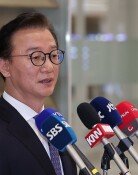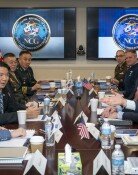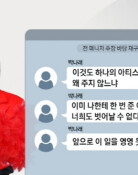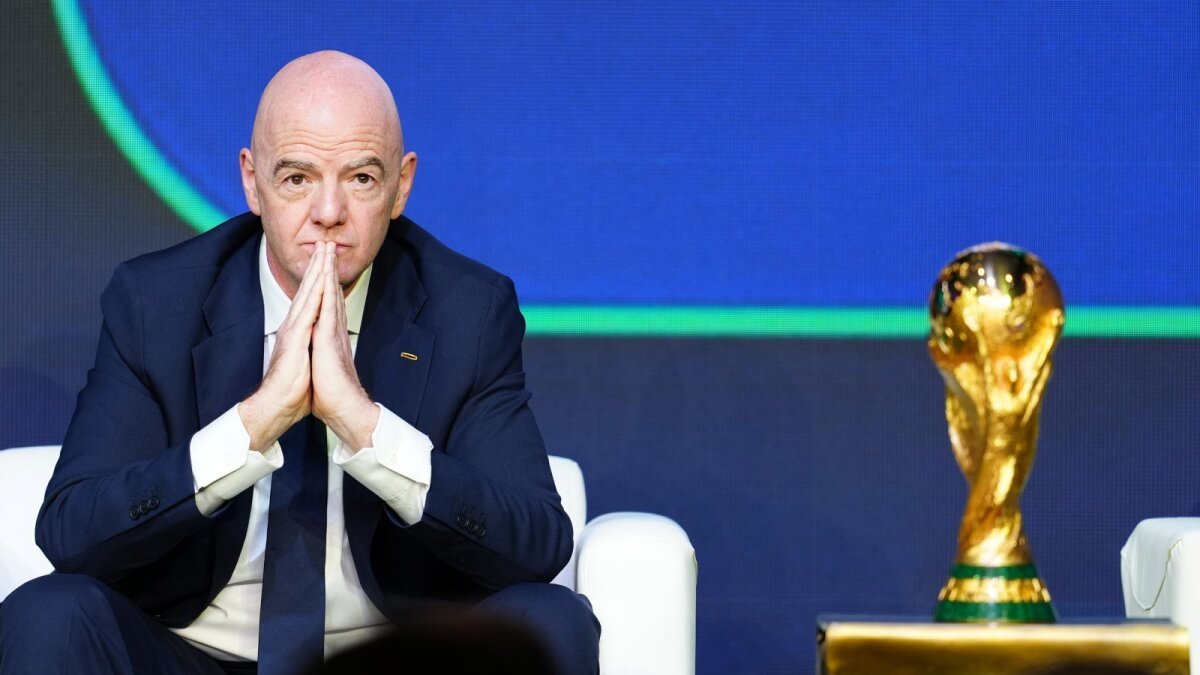[Editorial] Reality Check of Korean Diplomacy
[Editorial] Reality Check of Korean Diplomacy
Posted October. 26, 2005 07:33,
With reports of lead and parasite eggs detected in Chinese kimchi imports, the Chinese government is reportedly reviewing trade retaliation against Korea. This shows Beijings resentment against the Korean governments unilateral announcement and criticism on the incident. Minister of Foreign Affairs and Trade Ban Ki-moon changed his words five days after having said, I wont visit Japan, when Japanese Prime Minister Junichiro Koizumi visited the Yasukuni Shrine. These series of incidents paint a gloomy picture of Korean diplomacy. There is no country easy to deal with, and small and big relations with all of the concerned countries are breathing down the neck of our national interests.
President Roh Moo-hyun said in an interview with an online newspaper last week regarding the two-year results of the participatory government, We seem to have exceeded our expectations in diplomacy. He presented the progress on restoring the status of an independent nation as evidence. However, this greatly differs from what the people actually believe. What are the peoples expectations for diplomacy? They are further consolidating and developing the Korean-U.S. alliance, the main basis for security and prosperity, amid rapid changes on the Korean peninsula and in northeast Asia, and responding to the changes building on the foundation. Did this government fulfill this hope? I believe not.
Under no previous administration has the Korean-U.S. alliance been so disturbing and Korean-Japanese relations so tense. It is also not the case that our relations with China have improved. As the foundation of alliance and good-neighborly relations was shaken, they have given way to independent diplomacy and inter-Korean coordination that are not beneficial but risky to the national interest. If this is to be dubbed exceeding expectations, it is hard not to question our identity.
Independence comes not without costs. By having our command of army forces back, we must be prepared for weakened deterrence against the North due to disbandment of the R.O.K-U.S. Combined Forces Command (CFC). The Defense Ministry has revealed a national defense reform plan to invest 628 trillion won by 2020 to prevent such a scenario, but will this be sufficient for an independent national defense? It is doubtful how much the government has struggled to preserve the universal principle of realizing national interests, gaining the most out of the least. There are no signs of improving the relationship with Japan. True, Koizumi is greatly responsible for the situation, but the incumbent administration is also accountable for the conflict by misleading Japan to believe that we are using the Korean-Japanese issue for domestic political purposes with its amateurish diplomacy with Japan.
Chinese President Hu Jintao will visit North Korea before attending the APEC summit slated to be held next month in Busan. This is an evident intention by the government to keep checks on the R.O.K-U.S. alliance by strengthening economic cooperation with the North and secure superior position on the issue of the Korean peninsula in contingencies. China also had ignored the agreement on the Northeast Asian Project between the South Korean and Chinese foreign ministries in August last year and removed the history of Goguryeo altogether from the Korean version of world history textbooks of Korean-Chinese middle schools in Yenbian. Despite all this, Hu Jintao will attend the APEC summit and demonstrate a classic example of an equidistant diplomacy between the two Koreas by stressing the importance of South Korean-Chinese relations as much as that between Pyongyang and Beijing. This is how a true powerhouse should be.
President Roh advocates a vision of being a balancer in northeast Asia, condemns imperialism, and suggests peace regime on the Korean peninsula and multilateral security system in Northeast Asia based on mutual trust and goodwill. It may be well-intentioned, but it is too idealistic. This will end up as a mere slogan unless the surrounding four superpowers follow our decisions as they are or we have the power to force them to do so. Instead, we have to confront the grave reality of international politics and be practical and realistic without radically breaking the status quo of the Korean peninsula and northeast Asia. Excessive self-respect and pride may be the most deadly enemy in diplomacy.







